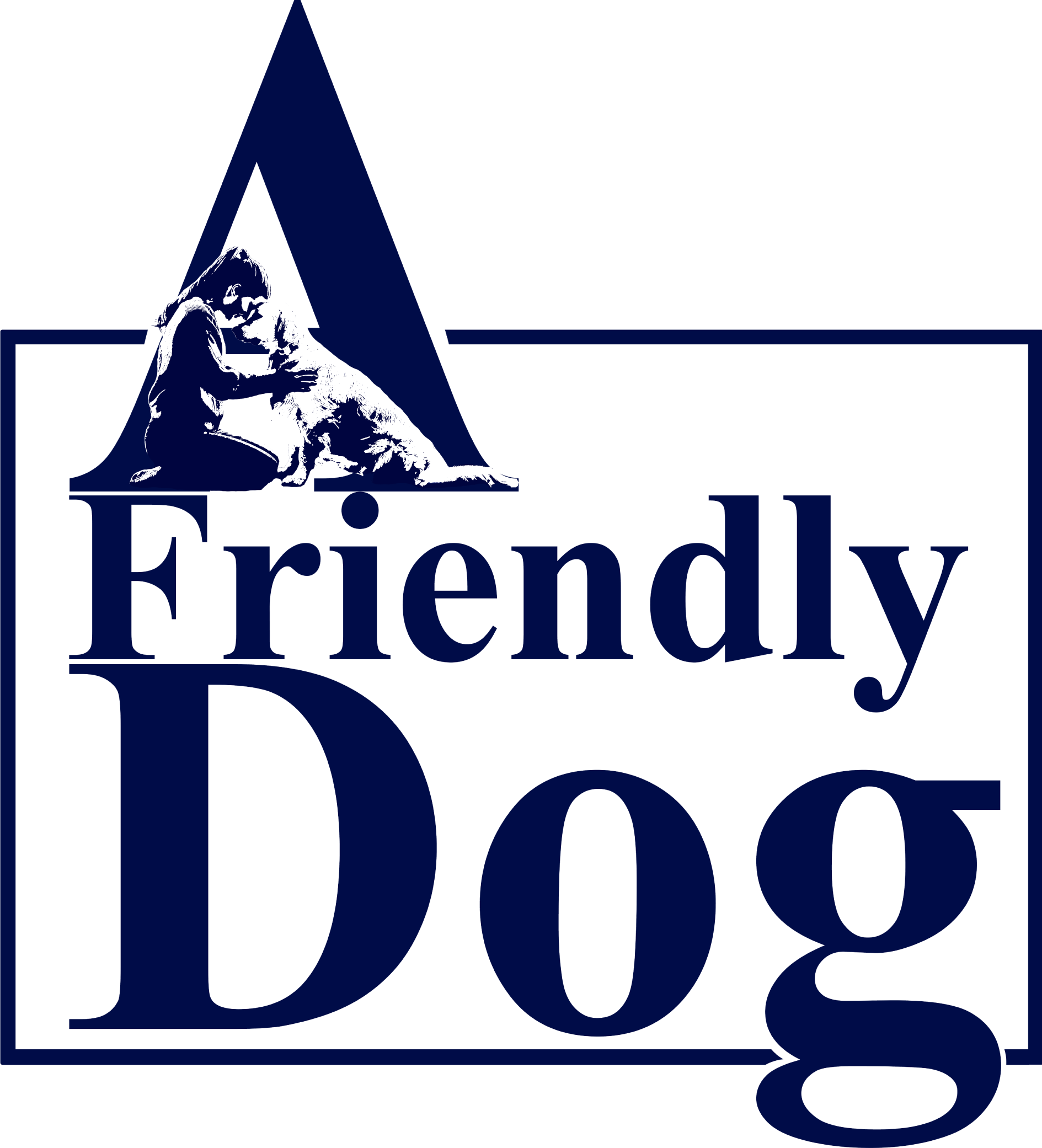The CBD used in supplements for dogs and cats is obtained from hemp (Cannabis sativa), which must have THC levels below 0.3% in the entire plant. CBD can be supplemented in three different forms: full spectrum, broad spectrum, or isolate. These can be extracted using solvents such as petroleum-based solvents, ethanol, or supercritical CO2.
Full spectrum refers to a minimally processed hemp plant that has undergone decarboxylation and distillation, containing 10-25% CBD along with over 100 phytocannabinoids (PCs), terpenes, flavonoids, fatty acids, and other phytochemicals. Broad spectrum is obtained by further distilling the extract to remove THC and concentrate CBD to 25-80%. Lastly, CBD isolate contains a pure CBD molecule with a concentration of over 95%. This is all established during the production of CBD products and remains a highly regulated practice to prevent products from being psychoactive.
The pet food industry is regulated by the FDA at the federal level and by the AAFCO at the state level. There are inconsistencies in regulations between federal and state agencies. The Marihuana Tax Act of 1937 imposed taxes on cannabis sales, limiting its market. In 1970, cannabis products were classified as Schedule I drugs under the CSA. Despite having low THC content, hemp was also included in this category.
However, the 2014 Agricultural Act redefined hemp as any part of C. sativa with THC content below 0.3%. This allowed for the use of industrial hemp in research in states where cannabis farming was permitted. The 2014 Agricultural Act also removed hemp and its derivatives with THC below 0.3% from the CSA, while marijuana remained under their control. Cannabis products with THC content above 0.3% are still classified as Schedule I controlled substances.
A noteworthy progress has been made as the U.S. Department of Health and Human Services recently proposed loosening federal regulations on cannabis. Additionally, four states, namely California, Michigan, Nevada, and Utah, have enacted legislation specifically addressing its application in veterinary medicine. A veterinarian and lawyer, Roasa, warns. “It’s truly a consumer-beware world, and it’s up to the veterinarian to do their homework on any product they recommend,” he said.
Typically, hemp-derived CBD products are available for purchase online nationwide. However, these products do not adhere to the same rigorous quality and safety standards as recreational and medical cannabis found in state-regulated markets. Consequently, consumers lack a straightforward method to verify the advertised CBD content and potential presence of undisclosed and harmful substances.That said, products are often purchased across state lines so that more regulated products remain available to others in the market for CBD. We’ll discuss this further in the next post. There’s a lot to talk about when it comes to legality & CBD.

